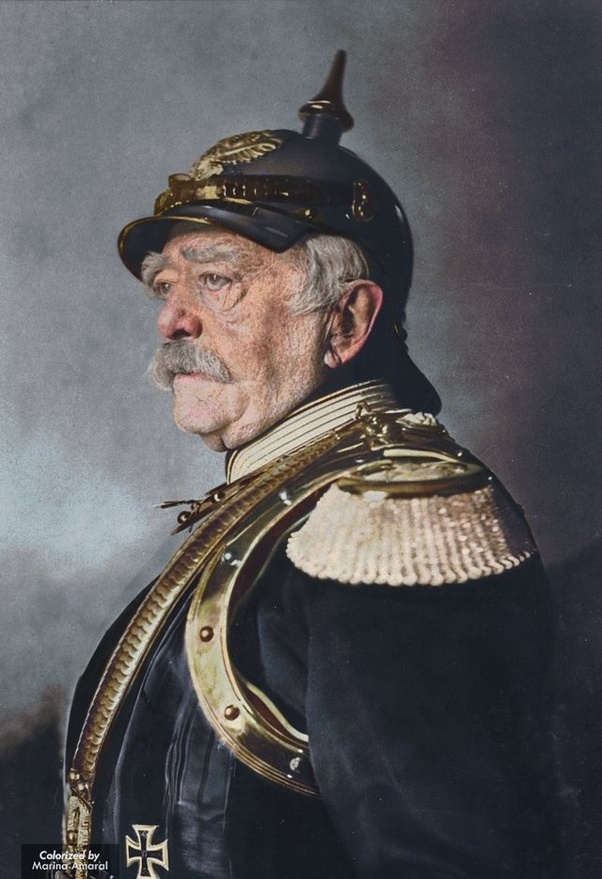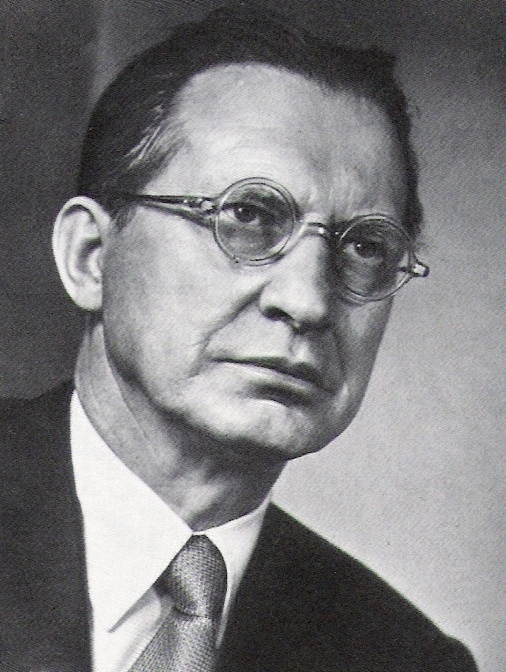THE BERLIN PROCESS
According to the statement of the Albanian Minister of Foreign Affairs “the process of Berlin is a bridge between the Western Balkans and the EU“.
What is the ‘Berlin Process’
What is already known as the “Berlin Process”, will be the framework which will coordinate the pace of Balkan integration. Taking into account the Eurosceptic forces in Brussels and a 5-year stoppage of expansion announced by Commission President Jean Claude Juncker, the launch of the Berlin Process is seen as the way to consolidate and keep the dynamics the Western Balkans countries’ integration policy dialogue.
At the Berlin Conference at the end of August 2014, the EU is looking for a more favourable European Union allocation of funds for the region. The Process of Berlin began with the High Level Conference held in Berlin on 28 August 2014.
Final Declaration by the Chair of the Conference on the Western Balkans, Berlin, 28 August 2014
A hundred years after the outbreak of the First World War, the heads of government, foreign ministers and economics ministers of Albania, Bosnia and Herzegovina, Croatia, Kosovo, the FYR of Macedonia, Montenegro, Serbia and Slovenia, as well as representatives of the European Commission, the future host Austria, and France, met in Berlin on 28 August 2014 for the first Conference on the Western Balkans.
2014 – 2018: four years of real progress
- We agree that today’s conference should provide a framework for a period of four years, during which we will further our endeavours to make additional real progress in the reform process, in resolving outstanding bilateral and internal issues, and in achieving reconciliation within and between the societies in the region. We are also united in the aim of enhancing regional economic cooperation and laying the foundations for sustainable growth.
- We have jointly decided to meet in the same format each year during the next four years in order to implement the agenda agreed at today’s meeting and to support this aim through other specific projects. The Federal Chancellor of Austria has offered to host the first follow-up conference in his country in 2015. This will provide an opportunity to evaluate the initial results. We plan to continue our work on questions of key importance to the future of the Western Balkans on an ongoing basis during further conferences to be held until 2018.
The path to a future in Europe
- Just fifteen years ago, the news from the region was dominated by war, expulsions and destruction. It is now apparent that the region has already made great achievements as regards creating stability, developing good neighbourly relations, and modernising government, society and the economy.
- The European Union’s enlargement policy has played a crucial role in these achievements. All of the countries in the Western Balkans firmly believe that their future lies in the European Union.
- The German Government expressly underlines its support for the prospect of European integration for the countries of the Western Balkans. All of the countries of the Western Balkans will have an opportunity to join the European Union if they meet the conditions for accession. Germany is aware of its responsibility for a peaceful, stable and democratic future based on the rule of law, and will continue to support the region on its path to this future.
Intensifying regional cooperation as an essential basis
- All of the participants underline the need to resolve outstanding bilateral questions as quickly as possible in the interests of good neighbourly relations and increased stability in the region. The prime ministers of Serbia and Kosovo reiterated their determination to revitalise the process of normalising relations. The naming dispute between the FYR of Macedonia and Greece is one of the outstanding bilateral issues. The participating States agreed that this dispute must urgently be resolved by a willingness to compromise on all sides. Where possible, the countries should make use of the positive influence of regional neighbours on overcoming internal political challenges. This applies in particular to the revitalisation of the reform process in Bosnia and Herzegovina.
- The countries of the Western Balkans therefore stress their willingness today to increase their cooperation among one another. Regional organisations such as the Regional Cooperation Council will play an important role in this.
- Regional cooperation shall also include the civil society level. In this context, the participating States underlined their unanimous wish to expand transnational exchange, particularly among young people.
Strengthening good governance
- Further improving governance remains a particular challenge for the young democracies of the Western Balkans.
- The participating States agree that further measures must be taken to tackle corruption and organised crime. The countries of the Western Balkans reiterated their willingness to carry out further reforms aimed at increasing legal certainty in their countries, to uphold and reinforce the independence of their judiciary, and to work more intensively together across borders in regional and bilateral structures.
- In a pluralistic democracy, the opposition must also be able to play its role in the parliamentary framework, and it must also want to do so. A politically active civil society can also provide constructive support as regards the further strengthening of democratic communities in the countries of the Western Balkans, thus also bringing these states closer to the EU. The prerequisites for this include a pluralistic media landscape, independent trade unions, and an economy that can fulfil its role as part of the community, free from political interference. Germany remains committed to fostering freedom of the media in the region. To this end, the Federal Foreign Office is holding a workshop for twelve leading journalists from all countries of the region as part of the conference framework programme.
Increasing prosperity via sustainable economic growth
- Sustainable economic growth and thus the sustainable increase of prosperity for the good of citizens will only be possible via open markets and foreign investment. A positive investment climate is particularly crucial to the activities of small and medium-sized enterprises. Legal certainty and a zero-tolerance policy on corruption are vital in this context. The participating States aim to improve cooperation among the investment agencies, as well as the way they communicate with Germany Trade & Invest.
- The countries of the Western Balkans shall reinforce their endeavours to overcome their current account deficits. German business will support the enhancement of the region’s export strength by launching a purchasing initiative for the Western Balkans in 2015.
- Competitiveness must be further increased via regional value chains. In this context, the initiative by the German business community to hold a regional conference in Montenegro in September 2014 and the activities by the Regional Cooperation Council in this area will make a concrete contribution.
- The participating States agree that European energy policy is of increasing importance to the countries of the Western Balkans. Regional cooperation within the framework of the Energy Community for South East Europe is an important component, particularly as regards energy security, energy efficiency targets and climate protection. The countries of the Western Balkans will continue to work intensively on further developing the Energy Community and on overcoming shortcomings in implementation.
- The participating States share the view that a transport community for the Western Balkans could provide a positive impetus for economic development by improving the region’s logistical connections to the European markets where demand is high. This is also the case as regards the expansion of information and communications technology infrastructure under reliable conditions.
- The participating States believe that needs-based academic and vocational training is essential in order to reduce youth unemployment. Projects by the German business community to support vocational training in the countries of the Western Balkans are helping to meet this aim.
- Germany is willing to carry out further measures within the framework of existing programmes on economic cooperation and development in order to support the region’s countries in making the most effective use of European measures for bringing them closer to the EU via the Instrument for Pre-Accession Assistance (IPA). German development cooperation has provided reliable support to the countries of the Western Balkans for 25 years and is an integral part of German endeavors to bring the countries closer to the EU and European standards.
Speech of Minister of Foreign Affairs of Albania, HE Ditmir Bushati
“Economic governance: getting closer to the EU” August 28, 2014
Western Balkans Conference – Berlin, Ministers of Foreign Affairs’ segment
I would like to start by thanking Germany for taking the initiative to bring us together in Berlin and Frank-Walter for hosting this session. We surely hope that this will become a yearly joint exercise of the Western Balkans and the EU member states.
This conference is both a statement that the Western Balkans matter and a further incentive for the Western Balkans to become a true region in economic terms.
It might sound awkward, but we are far from being a true region, particularly in terms of infrastructure and energy interconnectivity. Indeed it is easier for our peoples to travel to EU member states than to a neighboring country.
There has been tremendous change in our region, and we have had some good news in the past years. But we have gathered here do to more than merely contemplate our fragile stability. Both peace and stability cannot be guaranteed in the long run without sustainable economic growth.
The risk we currently face as a region is that the economic gap widens between the Western Balkans aspirants countries and EU member states.
This is why it is important that the pre-accession process envisages projects with a regional economic impact that will help improve the lives of our citizens and connect physically the Balkans with the EU.
Furthermore, in the last few months the European geopolitical and security landscape has changed immensely:
- In the Eastern neighborhood: the Ukrainian crisis has developed into a prolonged geo-economic confrontation;
- In the Southern neighborhood and the Middle East: fundamentalism and terrorism destabilize the whole region.
It is against this backdrop, that we believe enlargement should also be seen in geopolitical terms, as the Western Balkans offer the prospect of enhanced cooperation and security amongst nations now at peace with each other.
Even if it is clear to us that enlargement is not calendar, but process and performance driven. The overall process needs to remain both credible and predictable.
I consider this conference as an instrument of credibility and predictability. It brings further purpose to our meetings, providing a clear opportunity for us to collectively define a vision of where we would like to see our region in the next 5 to 10 years. In particular in relation to our common strategic goal to become fully-fledged members of the EU.
In this collective vision, “Economic governance” should become our common denominator. By Economic governance I mean not only a set of economic policy reforms but also a new set of instruments for our region and a set of concrete projects of regional impact.
A first step in this direction was taken by the EU Commission which developed a platform of Enhanced cooperation within the Stabilisation and Association Process. A platform that brings incentives for us to focus on acquis-related areas such as rule of law, economic governance and connectivity.
Yet, the Western Balkans currently face a two-fold problem:
- On the one hand, because of internal dynamics in the EU member states, there seem to be difficulties facing the enlargement process, difficulties which we understand.
- On the other: our countries are deprived of long-term public and private financing sources. The region will not be able to kick start on its own a new period of modernization and growth, in particular one based on investment and exports.
Let me elaborate on this point a little bit:
In financial terms, measured by net inflows from EU funds: the difference between member states and candidate countries is by a factor of more than five.
Furthermore, IPA funds are mainly used to build institutions and prepare sectorial policies. Only limited IPA funds can be used to build necessary national and local infrastructure, or extend long-term resources to improve human capital and build innovative Small and Medium Enterprises.
Importantly, since the financial crisis, limited fiscal space has been largely utilized to stabilize the economy and little is left for launching new projects, in particular those of regional/EU importance.
Within this context, a slower integration process, on top of negative political effects, would have deep negative economic consequences.
This negative scenario would mean that the region would remain outside of major energy and transport routes and on a weak growth trajectory, offering very few business opportunities for EU key energy and infrastructure players. In a nutshell, the risk is that we could be seeing a period of economic stagnation and a fatal uncertainty about our region’s EU destination.
We want instead the remainder of the decade to be a period of catch up and dynamism. In a Working Paper, that we have circulated to the participants of the conference, we have outlined the need to facilitate and restructure the economic integration process of the region through the launch of several large scale initiatives of joint EU- Western Balkans interest.
The following regional projects are now being discussed by our colleagues:
- Regional infrastructure projects such as the Blue Highway, and regional Railway networks,
- Energy infrastructure and energy security: with key strategic projects such as TAP and IAP,
- Support for SMEs, human capital financing and vocational training,
- Regional tourism projects.
Through these regional projects, the geo-economic traction of the Balkan states should help revitalize the European idea.
We are fully prepared to take the necessary internal governance decisions to boost our courses towards the EU, especially in the areas of rule of law, economic governance and connectivity.
Short of rapid membership, it is important that the EU integration process keeps going on, giving tangible benefits to ordinary citizens, so as to continue being the strategic anchor for the region. We would expect all countries in the region to be well advanced in their negotiations to join the EU by the end of this decade.
Here is the Albanian Working Paper for the Western Balkans Conference in Berlin, August 28, 2014

 Libraria Shteti Web
Libraria Shteti Web









